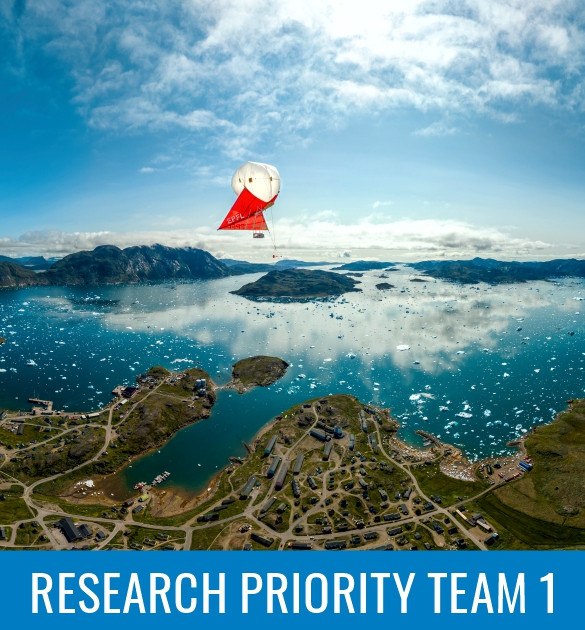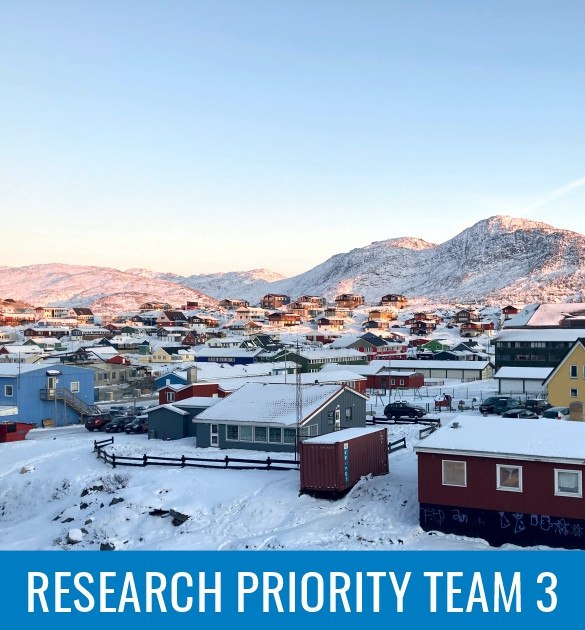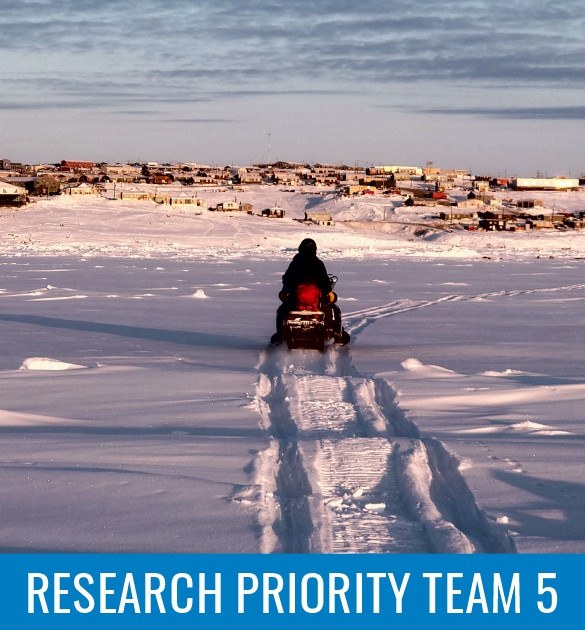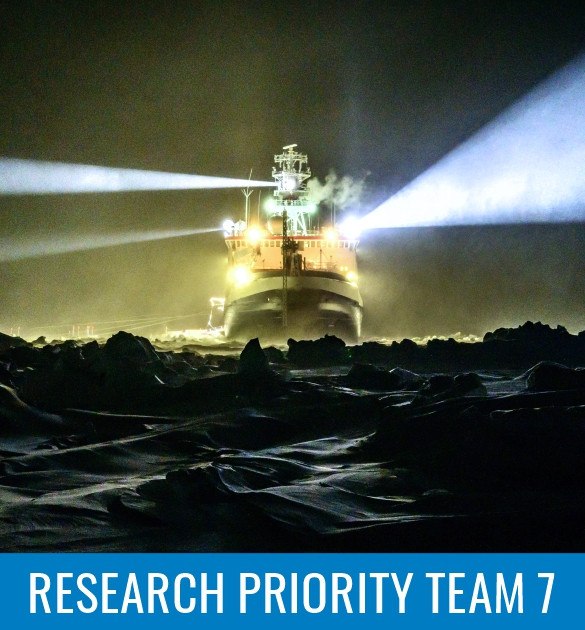The ICARP IV International Steering Committee convenes seven Research Priority Teams (RPTs) between 2024 and 2025 that will work with with the input provided through the ICARP IV Community Engagement process to:
-
Review and analyse community input
-
Define the needs and priorities for Arctic research research for the next decade until 2035 for their topic area based on the input collected
-
Develop recommendations for the implementation of the identified priorities (incl. potential new alliances and collaborative partnerships needed to address them).
The preliminary results of the Research Priority Teams work will be presented at the ICARP IV Summit / Arctic Science Summit Week (ASSW) 2025 in Boulder, Colorado, USA (20 – 28 March 2025) to discuss and consult on the initial outcomes. The teams will finalise their outcomes by October 2025. The results will then contribute to the final report of the ICARP IV process published in during the Arctic Science Summit Week 2026 from 25 March - 1 April 2026 in Aarhus, Denmark.
The following seven ICARP IV Research Priority Teams have been set up by the ICARP IV International Steering Committee Meeting. To ground the process in the outcomes of the last ICARP III, the topic areas include the ICARP III themes (from the final ICARP III report) plus additional relevant themes. Each RPT will also consider several cross-cutting themes in their work, including but not limited to co-production of knowledge.
Research Priority Teams
Work with the input from the ICARP IV Community Engagement process to review and analyse the community input and:
- Define the needs and priorities for Arctic research research for the next decade until 2035 for their topic area based on the input collected
- Develop recommendations for the implementation of the identified priorities (incl. potential new alliances and collaborative partnerships needed to address them).








